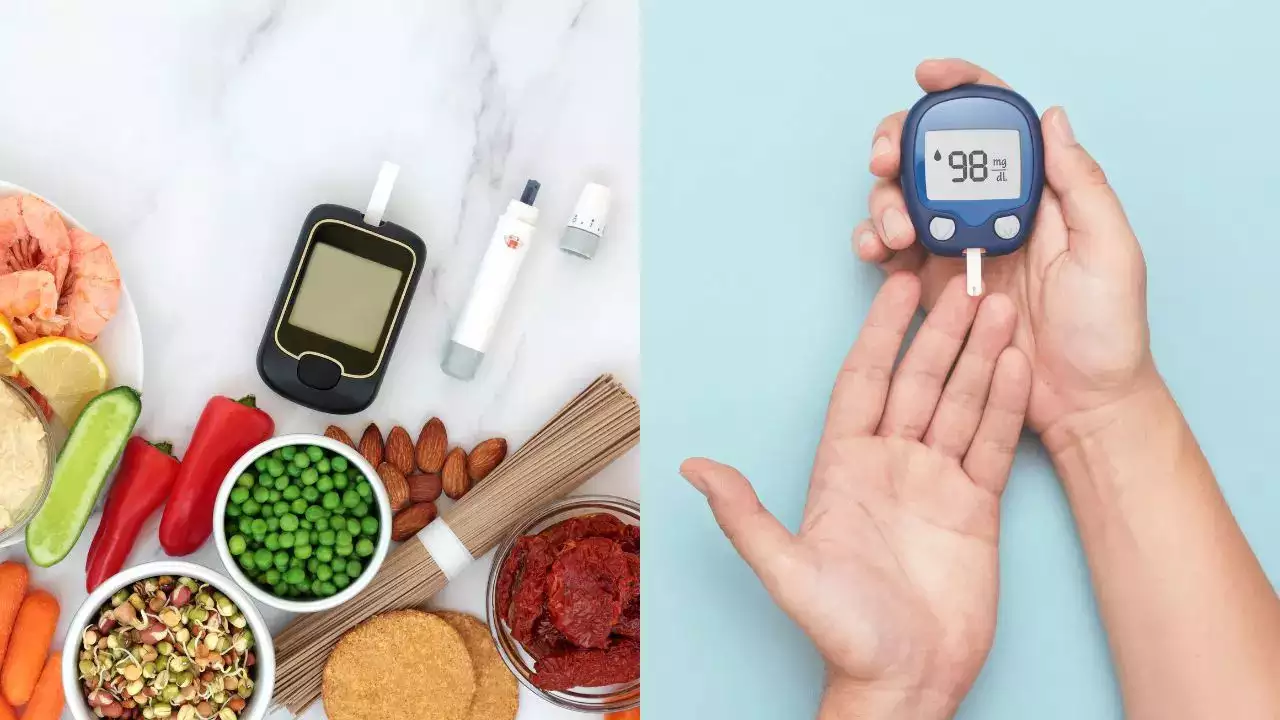
Foods That You Should Not Eat A Night Before Your Blood Sugar Test For Accurate Results. (Image: Canva)
Currently, people from all age groups are having fluctuations in blood sugar levels. Hence, doctors suggest monitoring the same so that they can be prescribed medication for diabetes management. Are you scheduled for a blood sugar test? Wondering what to eat and avoid? Don’t worry, we got you covered. Times Now Digital spoke with Dr. Jinendra Jain, Consultant Physician, Wockhardt Hospital, Mira Road about foods that one should avoid before testing.
-
Carbohydrate-rich foods: Such as pasta, rice, bread, potatoes may cause a spike in blood sugar levels as the carbs break down into sugar and the result during the test will not be as expected.
-
Sugary foods and drinks: Such as candy, soda, fruit juices, and desserts cause rapid increases in blood glucose as the carbohydrates break them into glucose and they can affect your fasting levels.
-
Alcohol: Again can be high in carbohydrates and raise blood sugar levels.
-
Caffeinated beverages: Did you know? Caffeine can affect insulin sensitivity and potentially raise blood sugar levels. It is better to avoid caffeinated beverages.
-
High-fat foods: Including fried foods, and cheese may not directly raise blood sugar; it can affect insulin sensitivity and glucose metabolism.
-
Large meals: Eating a large meal close to bedtime that is high in carbohydrates can spike blood sugar levels in the morning.
When preparing for a fasting blood sugar test, stick to a balanced meal the night before that won't spike your blood sugar levels. For instance:
- Lean proteins (fish, tofu) will aid in stabilizing blood sugar and don't cause spikes like carbohydrates can.
- Non-starchy vegetables (broccoli, spinach, cauliflower) are low in carbs and high in fiber, which helps regulate blood sugar.
- Whole grains (quinoa, brown rice, whole wheat pasta in moderation) are also jam-packed with complex carbs and don’t fluctuate blood sugar levels.
- Legumes (lentils, chickpeas, black beans) are high in fiber and protein, they help maintain steady blood sugar levels.
Hence, focus on having a balanced, moderate-sized meal earlier in the evening, consisting of lean proteins, vegetables, and small portions of complex carbohydrates. This will help ensure more accurate test results and keep the blood sugar levels under control. Remember, it is always best to follow any specific instructions given by your expert regarding fasting and preparation for your blood sugar test. It is better to eat your meal around 7:00 pm -8:00 pm, the previous day, if you have to do the test, the next morning at around 9:00 am.
Get Latest News Live on Times Now along with Breaking News and Top Headlines from Health and around the world.